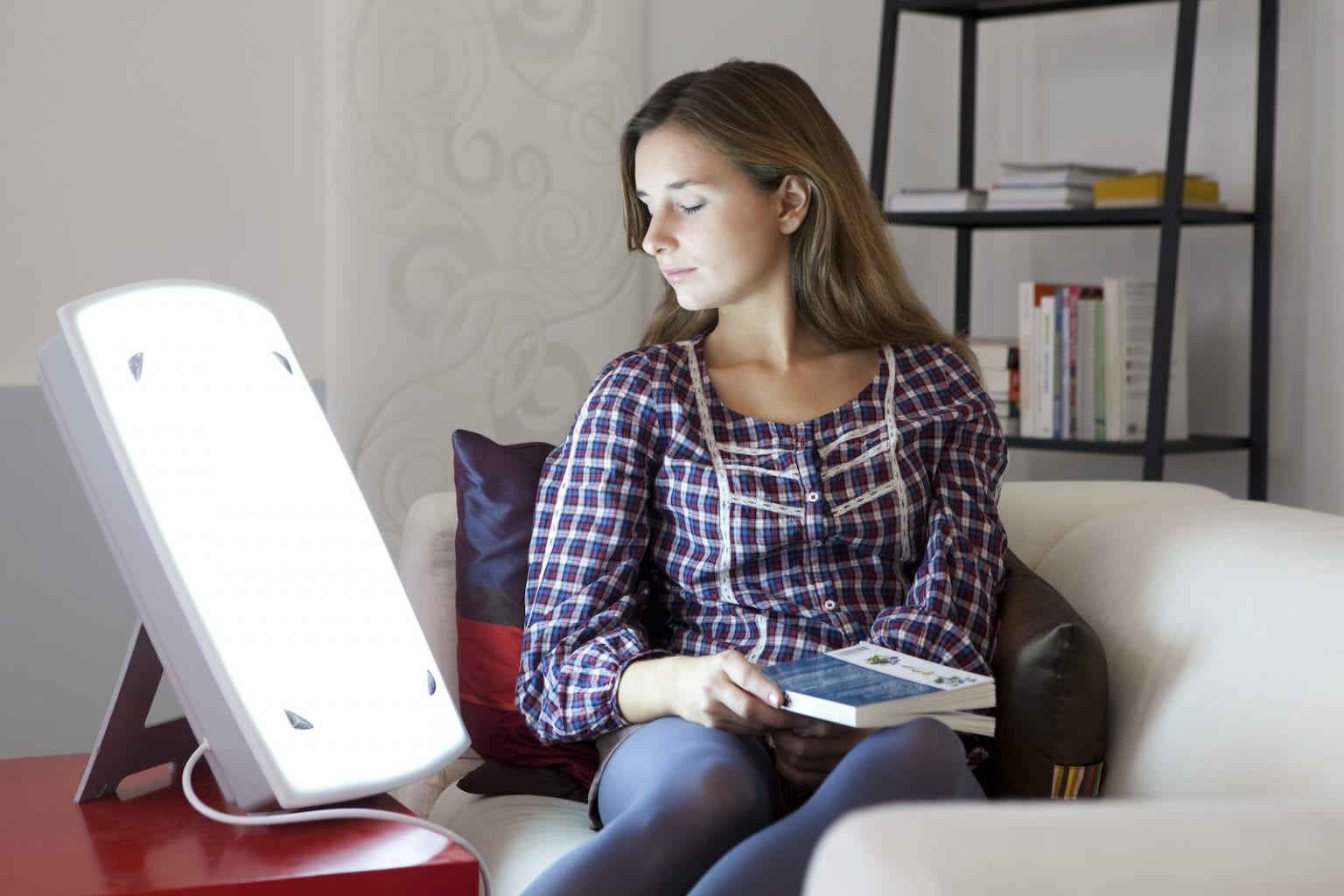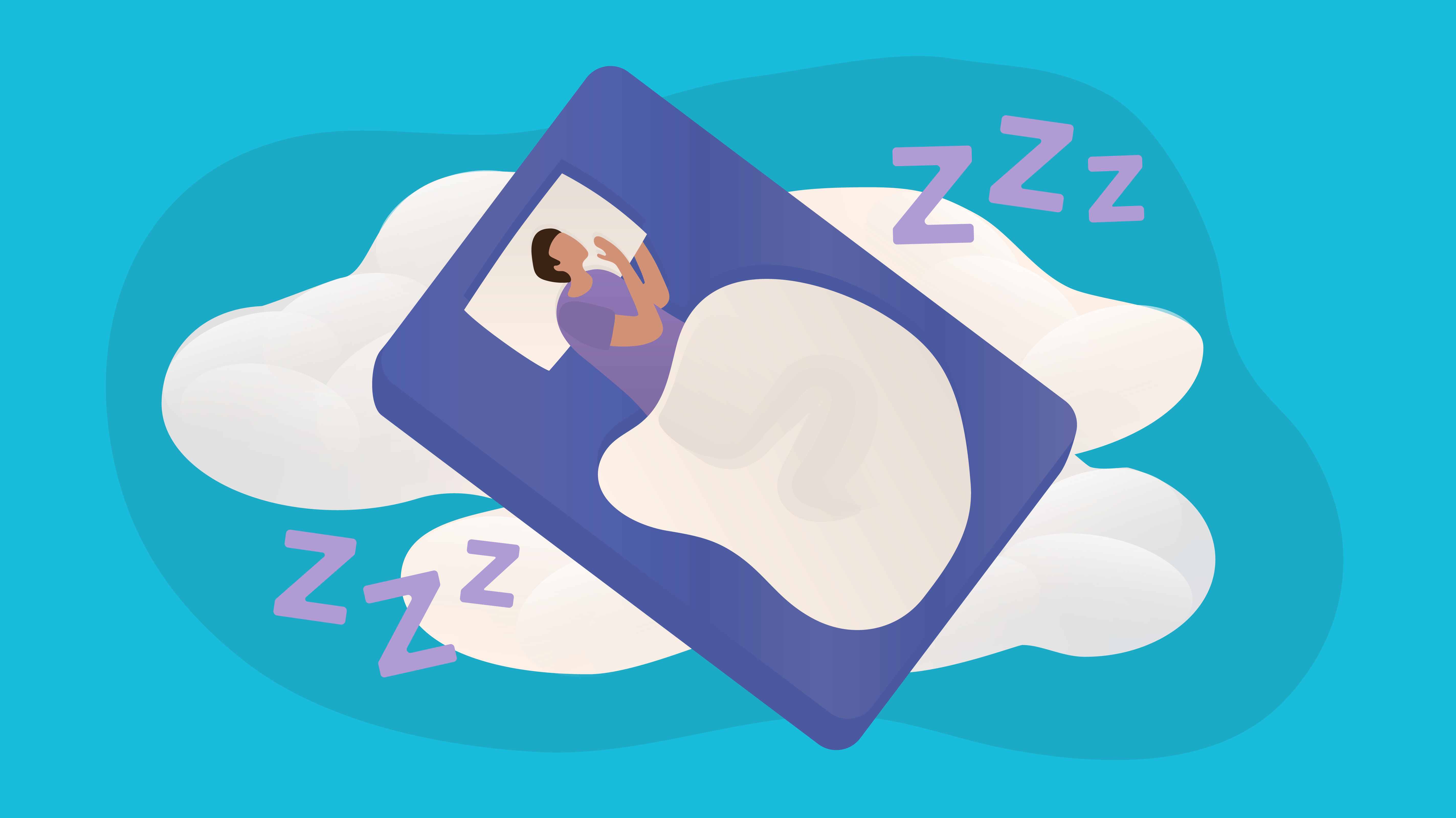Experienced Insomnia Specialist - Personalized Take Care Of Better Sleep
Experienced Insomnia Specialist - Personalized Take Care Of Better Sleep
Blog Article
Efficient Treatment Solutions for Taking Care Of Rest Disorders and Enhancing Restful Sleep
In the world of healthcare, the administration of sleep conditions and the pursuit for relaxed rest are critical elements of general well-being. As we navigate the detailed landscape of sleep problems and seek to enhance our sleep experience, a deeper understanding of these therapy solutions might hold the secret to unlocking a more relaxing and fulfilling corrective trip.
Cognitive Behavioral Treatment for Sleeping Disorders (CBT-I)
Cognitive Behavior Modification for Sleeplessness (CBT-I) is an organized, evidence-based treatment approach that concentrates on resolving the underlying aspects adding to rest disruptions. This type of therapy aims to customize behaviors and thoughts that intensify sleeping disorders, ultimately advertising healthy and balanced sleep patterns. CBT-I usually entails several key elements, including cognitive treatment, rest limitation, stimulation control, and sleep health education.
Cognitive therapy assists people determine and change adverse thought patterns and beliefs about rest that might be hindering their capacity to fall or remain asleep. Rest restriction involves limiting the amount of time invested in bed to match the person's actual rest period, therefore increasing sleep performance (sleep disorder treatment). Stimulation control strategies help establish a solid association between the bed and sleep by motivating people to head to bed only when sleepy and to stay clear of participating in stimulating tasks in bed
Additionally, rest hygiene education and learning concentrates on creating healthy and balanced rest behaviors, such as keeping a consistent rest schedule, producing a relaxing bedtime regimen, and optimizing the sleep setting. By attending to these factors comprehensively, CBT-I provides an effective non-pharmacological intervention for managing sleeplessness and enhancing total rest top quality.
Sleep Hygiene Practices
Having actually established the structure of cognitive restructuring and behavioral modifications in dealing with insomnia through Cognitive Behavior modification for Sleep Problems (CBT-I), the emphasis currently shifts in the direction of exploring crucial Rest Health Practices for keeping ideal sleep top quality and overall wellness.
Sleep hygiene methods include a series of practices and ecological elements that can dramatically influence one's capacity to drop asleep and stay asleep throughout the evening. Regular rest and wake times, developing a relaxing bedtime regimen, and maximizing the sleep setting by maintaining it dark, quiet, and cool are essential components of good sleep health. Restricting exposure to displays before bedtime, preventing energizers like caffeine close to going to bed, and participating in routine exercise throughout the day can also promote much better sleep top quality.
In addition, practicing relaxation methods such as deep breathing workouts or reflection before bed can help soothe the mind and prepare the body for sleep. By including these rest hygiene practices into one's everyday routine, individuals can establish a healthy sleep pattern that sustains relaxing rest and general health.
Leisure Methods and Mindfulness
Implementing relaxation strategies and mindfulness methods can play a pivotal function in promoting a sense of tranquility and promoting high quality sleep. sleep deprivation help. These methods aim to peaceful the mind, minimize stress and anxiety, and create an optimal setting for peaceful sleep. One commonly exercised approach is deep breathing workouts, where individuals concentrate on slow-moving, deep breaths to relax the mind and body. Dynamic muscular tissue leisure entails tensing and afterwards launching each muscular tissue team, advertising physical leisure. Furthermore, guided imagery can help carry individuals to a serene location in their minds, aiding in anxiety reduction and enhancing rest top quality.
By including these methods right into a going to bed regimen, people can signify to their bodies that it is time to prepare and take a break for sleep. Generally, integrating leisure techniques and mindfulness practices can dramatically add to handling sleep problems and improving total sleep top quality.

Medicine Options for Rest Disorders
After checking out relaxation techniques and mindfulness practices as non-pharmacological treatments for improving sleep quality, it is vital to consider medicine alternatives for people with rest conditions. In situations where way of living changes and therapy do not offer adequate relief, medication can be a useful device in handling sleep Bonuses disruptions.
Frequently prescribed drugs for rest conditions include benzodiazepines, non-benzodiazepine hypnotics, antidepressants, and melatonin receptor agonists. Antidepressants, such as trazodone, can be helpful for people with co-occurring clinical depression and rest disturbances - sleep disorder treatment.
It is essential for people to speak with a doctor to determine one of the most ideal medication alternative based upon their certain rest disorder and case history.
Light Treatment for Circadian Rhythm Law
Light treatment, likewise referred to as photo-therapy, is a non-invasive treatment approach utilized to regulate body clocks and improve sleep-wake cycles. This treatment includes direct exposure to brilliant light that mimics all-natural sunshine, which assists to reset the body's body clock. By exposing people to details wavelengths of light, generally in the morning or evening relying on the desired impact, light treatment can properly adjust the circadian rhythm to advertise wakefulness throughout the day and improve restful sleep at night.
Research study has revealed that light therapy can be particularly beneficial for individuals with body clock disorders, such as postponed sleep phase disorder or jet lag. It can also be useful for those experiencing seasonal affective problem (SAD), a sort of depression that generally takes place during the winter season when all-natural light direct exposure is minimized. Light treatment is usually well-tolerated and can be used in combination with other treatment techniques for rest conditions to optimize outcomes and improve overall rest high quality.
Conclusion
To conclude, effective therapy remedies for managing sleep conditions and boosting relaxed sleep include Cognitive Behavior modification for Sleeplessness (CBT-I), rest hygiene practices, leisure methods and mindfulness, medication options, and light treatment for body clock guideline. These approaches can assist individuals boost their sleep quality and overall wellness. It is essential to consult with a healthcare supplier to establish one of the most suitable approach for dealing with sleep problems.
As we browse the intricate landscape of sleep disorders and seek to improve our sleep experience, a much deeper understanding of these therapy options may hold the useful reference key to unlocking a much more rejuvenating and satisfying restorative journey.
Rest restriction involves restricting the quantity of time spent in bed to match the person's real rest duration, consequently enhancing rest efficiency. Constant sleep and wake times, producing a relaxing bedtime routine, and enhancing the rest setting by keeping it dark, quiet, and cool are important elements of great sleep hygiene. Light therapy is normally well-tolerated his explanation and can be used in combination with various other treatment approaches for rest conditions to maximize results and boost overall sleep high quality.

Report this page